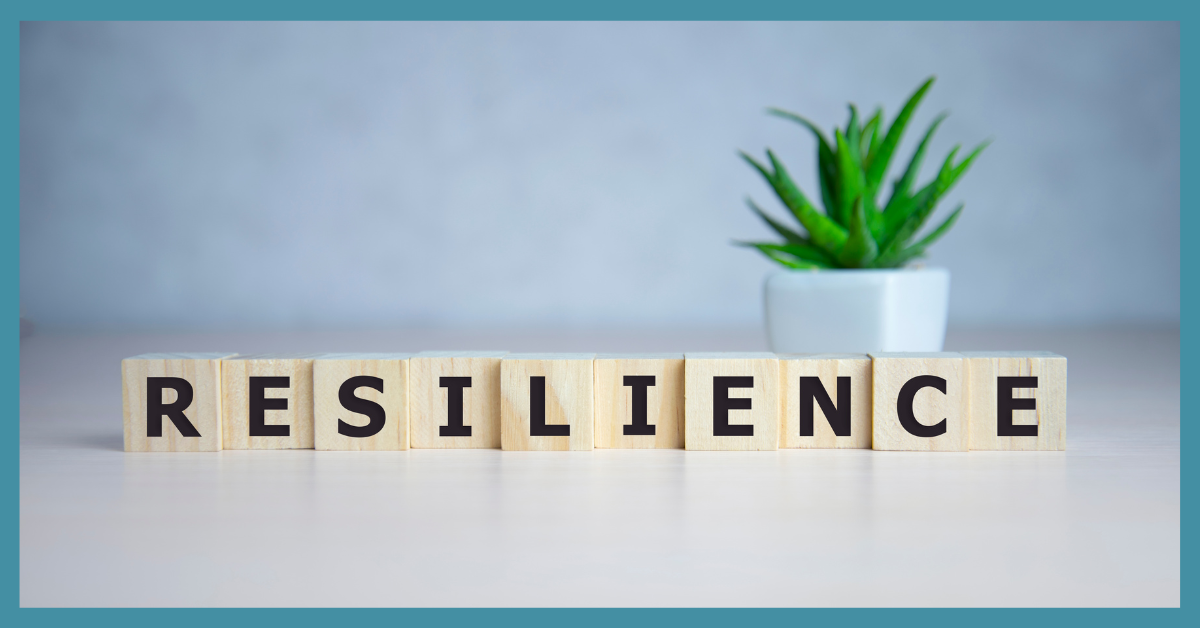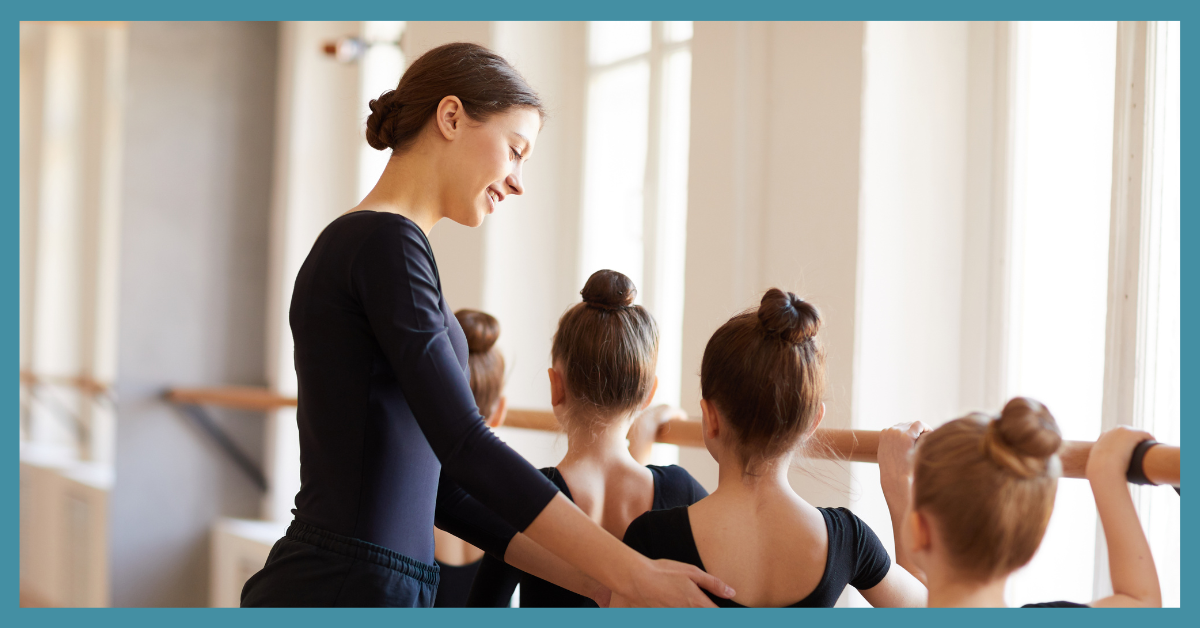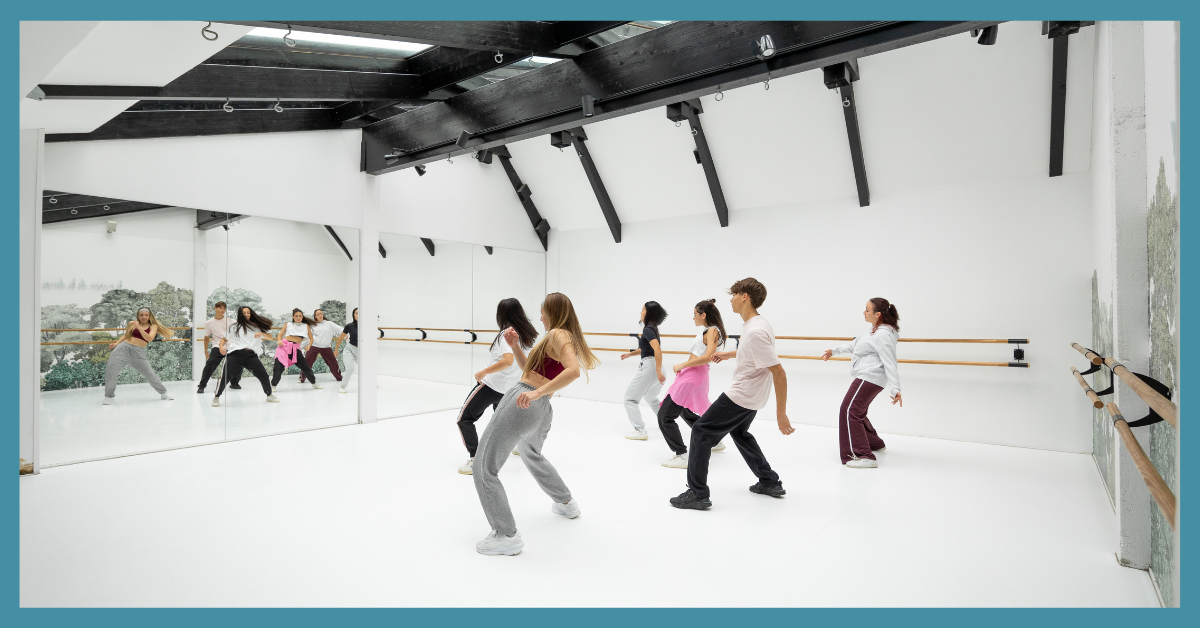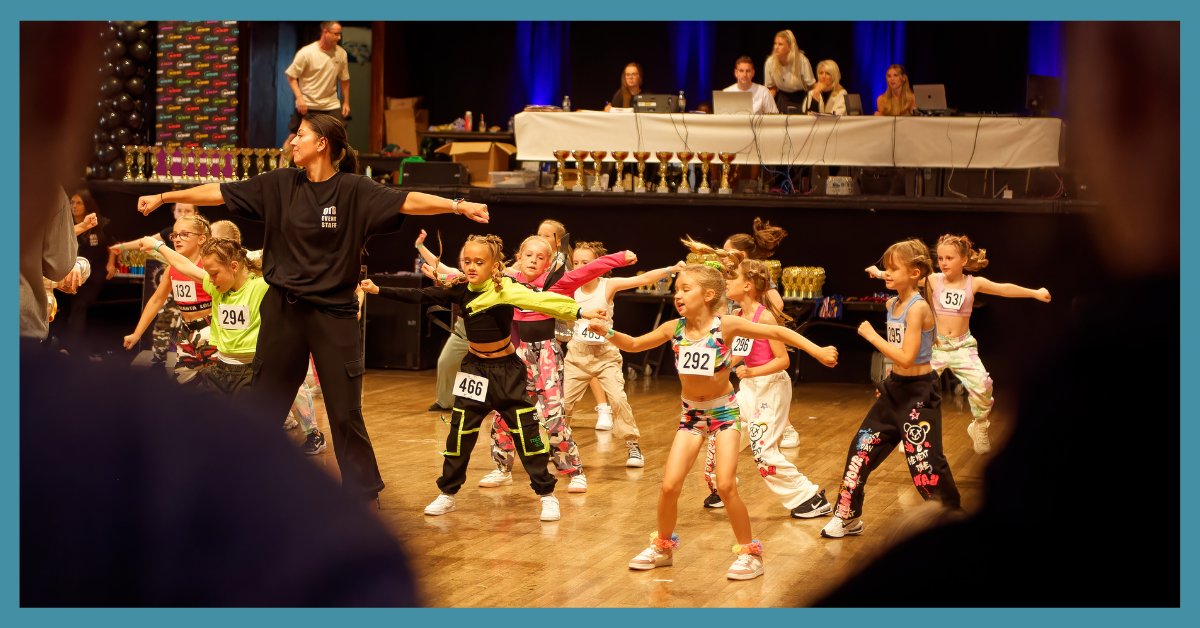Cultivating Resilience: Psychological Aspects and Mindset Development in Dance

Dance: It’s More Than Just Moves, It’s a Mind Game Too
Dance isn’t just about busting moves and looking good while doing it. It’s also a powerful way to boost your mental health and brain power. As dance teachers, we’ve got a double duty: we teach the steps and we help shape tough, resilient minds. By diving into the psychological side of dancing, we can help our dancers stay sharp, handle the stress of performing, and smash the learning curve.
Why Mindset Matters in Dance
How a dancer thinks can make or break their progress. A positive, growth-focused mindset can push a dancer to achieve great things and enjoy the ride. On the flip side, a negative mindset can really drag them down, leading to frustration or even burnout. Getting the mindset right is key to developing not just talented dancers but tough, well-rounded individuals.
The Brain-Boosting Benefits of Dance
Dancing does more than just get you fit—it’s brilliant for your mental health too:
- Stress Buster: Dance shakes off stress like nothing else. The physical activity helps loosen up tension, while concentrating on the routine can sweep away daily worries.
- Mood Lifter: Dancing boosts endorphins, those feel-good chemicals that make you feel like you’re on top of the world—a real “dancer’s high.”
How to Build a Positive Mindset in Dancers
Creating a positive mindset isn’t a one-off thing; it’s a constant effort. Here’s how we can keep our dancers’ heads in the game:
- Goal Setting: We get dancers to set goals, both big and small. This helps them see they’re moving forward and keeps them keen to hit the next target.
- Cheer the Effort: We make a big deal out of every little improvement, not just the big wins. This shows that it’s all about getting better bit by bit, not just nailing it every time.
- Handle the Pressure: We teach ways to deal with nerves, like deep breathing, meditation, and picturing success. These tricks are gold for keeping cool and focused during shows or exams.
Stories from the Studio
Once, while prepping a group for a big competition, I noticed the stress was getting to them. So, we paused our practice and took a break to relax and chat about non-dance-related topics. This shift in focus helped them stay positive and reduced their anxiety. It also strengthened their bond as a team. They shared some laughs and supported each other, which not only lightened the mood but also improved their performance. As a result, they excelled at the competition, demonstrating the power of teamwork and a positive mindset
Tackling Mental Blocks
Mental hurdles are common in dance, and how we handle them can really change a dancer’s path:
- Kick Perfectionism to the Curb: We teach that it’s not about being perfect—it’s about constant improvement. This helps keep the fear of messing up at bay.
- Build a Support Squad: We foster a vibe where everyone supports each other. Having mates in your corner can be a game-changer when you’re feeling stuck or unsure.
Wrapping It Up
Mental training in dance is just as important as physical training. By building strong minds, we’re not just creating better dancers; we’re giving them the tools to succeed on and off the stage. So, here’s to strong moves and even stronger minds!






Responses